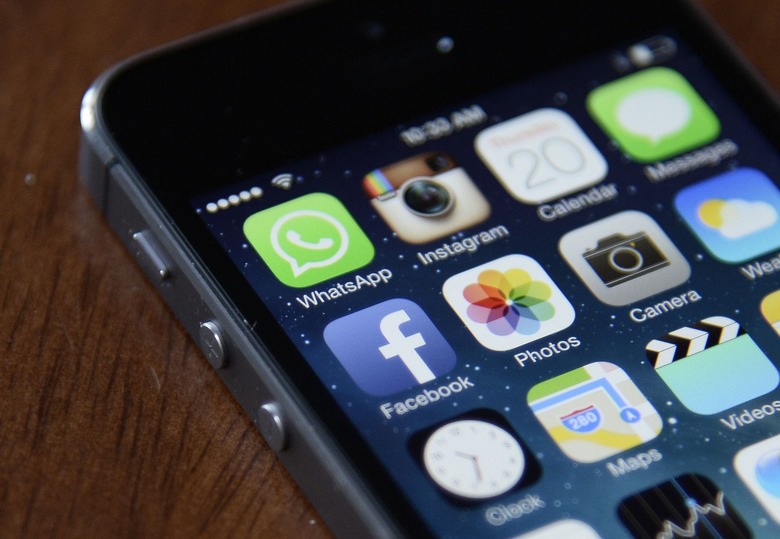Get Ready For Facebook Ads In Your WhatsApp Chats
Purchased in 2014 for around $22 billion, WhatsApp is Facebook's most expensive acquisition. It's also one of Facebook's major properties that are not bringing in any profit. That's about to change, a new report says, as Facebook is looking to cash in on the massive popularity of the chat application. After all, Facebook just showed the world that it needs to find other ways of making money.
Of course, Facebook ads are coming to ruin your WhatsApp experience. But you haven't really been paying for the app anyway. On top of that, Facebook has one other idea to monetize the chat app, which users might appreciate.
WhatsApp on Wednesday announced new tools that will allow businesses to offer customer support via WhatsApp chat, which may be a great addition to the service.
Customers will be able to start conversations with businesses and get real-time support. The chats will still be encrypted end-to-end just like regular conversations, and they'll be free to consumers. Companies, however, will pay a fee to send messages to you.
Later, The Wall Street Journal reported that Facebook would charge anywhere between 0.5 cents and 9 cents per message, depending on the country. The report also notes that companies may keep copies of the exchanged messages in a decrypted state.
So far, some 100 companies have been testing the feature, including Singapore Airlines, Wish, and Uber.
While customer support can be an excellent new WhatsApp feature, seeing ads in your regular chat experience is more annoying. Per The Journal, ads will appear in the Status carousel next year, and you probably won't be able to escape them. A similar ads feature is already available on Instagram. It's not too intrusive, but it can be annoying nonetheless.
There's no way actually to pay for WhatsApp even if you wanted to. And the service has to make money, at least to cover operating costs.
The report notes that Facebook's WhatsApp announcements came after the departures of WhatsApp's co-founders, Jan Koum and Brian Acton, following disagreements with Facebook over monetizing the chat app.
